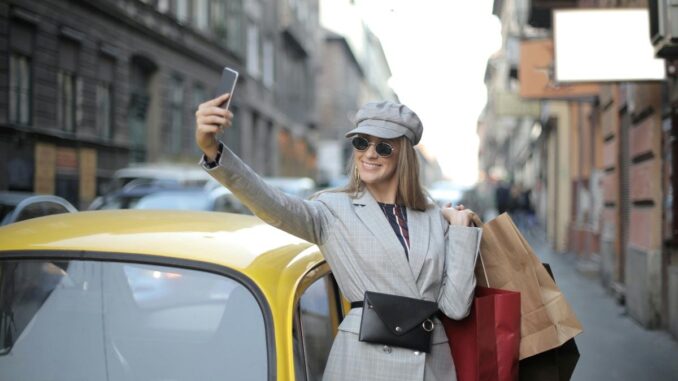
For decades, travel was defined by destinations. We flew to Paris for its boulevards, New York for its skyline and London for its history. But in recent years, something has shifted: the focus is no longer solely on where we go but on what we do once we’re there. This movement, now often called experiential travel, reflects a growing appetite for journeys defined by participation, immersion and meaningful shared experiences.
From adrenaline-fuelled escapes to immersive cultural workshops, the rise of experiential travel shows us that travellers now crave far more than photographs. They want memories they can feel, challenges that engage them, and stories that will live long beyond the return flight.
Experiences over itineraries
Traditional sightseeing has its place, but today’s traveller is increasingly motivated by activities that make them an active participant rather than a passive observer. Instead of just touring vineyards, people want to stomp the grapes. Rather than standing on the sidelines of a cooking demonstration, they want to get behind the stove themselves.
This desire for participation is part of a broader lifestyle trend. In a world where our lives are increasingly digital, curated and lived through screens, there is something deeply satisfying about experiences that ask us to roll up our sleeves and step fully into the moment. It’s the difference between ‘I saw it’ and ‘I did it’.
Adventure beyond the obvious
Experiential travel can take many forms, from the grand to the unexpected. Some travellers head to far-off jungles for trekking expeditions, while others find their adventure in cities, swapping conventional tours for scavenger hunts, mystery-solving games or guided challenges that blur the line between sightseeing and play.
London is a particularly fascinating example of this trend. Already known for its iconic landmarks, the city is now home to a growing number of immersive activities designed to engage both locals and visitors. From escape rooms in historic buildings to walking adventures that uncover hidden neighbourhood stories, these experiences have given the city’s well-trodden paths a new lease of life. It’s no surprise that many of these offerings overlap with team building activities London has become renowned for – because what works to unite a workforce can also inspire groups of friends or families seeking adventure together.

Travel that connects
At its heart, experiential travel is about connection. It creates bonds not just between people but between people and places. There is something profoundly different about learning a craft from a local artisan compared to buying a souvenir in a shop. Likewise, the sense of accomplishment after conquering a group challenge makes a story worth retelling for years.
This connection is why more travellers are choosing to book experiences alongside their accommodation and flights. Whether it’s kayaking under a Mediterranean sunset, hiking with a guide who shares centuries-old folklore or solving a Sherlock Holmes-inspired puzzle through the streets of London, these moments allow people to weave themselves into the fabric of the place they’re visiting.
The luxury of doing
Interestingly, this rise in experiential travel is also reshaping what we mean by luxury. For increasing numbers of modern travellers, luxury is no longer only about five-star hotels or exclusive beach resorts. Instead, it is increasingly defined by access to unique, tailor-made experiences. A private cooking class in Tuscany, a sunrise yoga session on a rooftop in Marrakesh or a behind-the-scenes art tour in Paris – these are the moments that today’s traveller treasures.
London again offers a compelling case study. A luxury trip here might once have meant a suite at a Mayfair hotel, dinner at a Michelin-starred restaurant and perhaps a ticket to the theatre. Now, however, it could also include a private group experience, such as an after-hours museum tour or a bespoke city challenge designed to test wits and teamwork. These immersive offerings remind us that luxury can be about engagement as much as indulgence.
The future of experiential travel
The rise of experiential travel is a response to how people want to live their lives. In a culture that increasingly sees the value of experiences over possessions, travel has become the ultimate expression of that desire. Destinations will always matter, but the stories we tell from them will matter more.
As more cities adapt to this growing demand, we can expect to see an even broader range of immersive adventures on offer, from high-tech augmented reality city tours to workshops rooted in ancient traditions. What unites them all is the promise of depth, connection and the thrill of participation.
So, next time you plan a trip, ask not just where you’re going, but what you’ll do when you get there. Because in this new era of travel, the true destination is the experience itself.
Top image by Andrea Piacquadio from Pexels






1 Trackback / Pingback